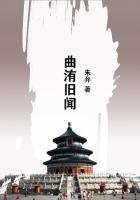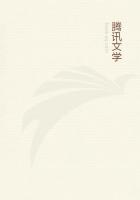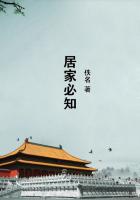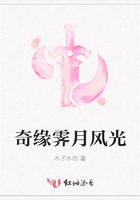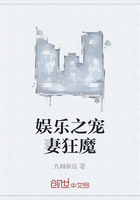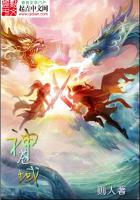The Illusions of German Ideology As we hear from German ideologists, Germany has in the last few years gone through an unparalleled revolution. The decomposition of the Hegelian philosophy, which began with Strauss, has developed into a universal ferment into which all the "powers of the past" are swept. In the general chaos mighty empires have arisen only to meet with immediate doom, heroes have emerged momentarily only to be hurled back into obscurity by bolder and stronger rivals. It was a revolution beside which the French Revolution was child's play, a world struggle beside which the struggles of the Diadochi [successors of Alexander the Great] appear insignificant. Principles ousted one another, heroes of the mind overthrew each other with unheard-of rapidity, and in the three years 1842-45 more of the past was swept away in Germany than at other times in three centuries.
All this is supposed to have taken place in the realm of pure thought.
Certainly it is an interesting event we are dealing with: the putrescence of the absolute spirit. When the last spark of its life had failed, the various components of this caput mortuum began to decompose, entered into new combinations and formed new substances. The industrialists of philosophy, who till then had lived on the exploitation of the absolute spirit, now seized upon the new combinations. Each with all possible zeal set about retailing his apportioned share. This naturally gave rise to competition, which, to start with, was carried on in moderately staid bourgeois fashion. Later when the German market was glutted, and the commodity in spite of all efforts found no response in the world market, the business was spoiled in the usual German manner by fabricated and fictitious production, deterioration in quality, *****eration of the raw materials, falsification of labels, fictitious purchases, bill-jobbing and a credit system devoid of any real basis. The competition turned into a bitter struggle, which is now being extolled and interpreted to us as a revolution of world significance, the begetter of the most prodigious results and achievements.
If we wish to rate at its true value this philosophic charlatanry, which awakens even in the breast of the honest German citizen a glow of national pride, if we wish to bring out clearly the pettiness, the parochial narrowness of this whole Young-Hegelian movement and in particular the tragicomic contrast between the illusions of these heroes about their achievements and the actual achievements themselves, we must look at the whole spectacle from a standpoint beyond the frontiers of Germany.
German criticism has, right up to its latest efforts, never quitted the realm of philosophy. Far from examining its general philosophic premises, the whole body of its inquiries has actually sprung from the soil of a definite philosophical system, that of Hegel. Not only in their answers but in their very questions there was a mystification. This dependence on Hegel is the reason why not one of these modern critics has even attempted a comprehensive criticism of the Hegelian system, however much each professes to have advanced beyond Hegel. Their polemics against Hegel and against one another are confined to this -- each extracts one side of the Hegelian system and turns this against the whole system as well as against the sides extracted by the others. To begin with they extracted pure unfalsified Hegelian categories such as "substance" and "self-consciousness", later they desecrated these categories with more secular names such as species "the Unique", "Man", etc.
The entire body of German philosophical criticism from Strauss to Stirner is confined to criticism of religious conceptions. The critics started from real religion and actual theology. What religious consciousness and a religious conception really meant was determined variously as they went along. Their advance consisted in subsuming the allegedly dominant metaphysical, political, juridical, moral and other conceptions under the class of religious or theological conceptions; and similarly in pronouncing political, juridical, moral consciousness as religious or theological, and the political, juridical, moral man -- "man" in the last resort -- as religious. The dominance of religion was taken for granted. Gradually every dominant relationship was pronounced a religious relationship and transformed into a cult, a cult of law, a cult of the State, etc. On all sides it was only a question of dogmas and belief in dogmas. The world was sanctified to an ever-increasing extent till at last our venerable Saint Max was able to canonise it en bloc and thus dispose of it once for all.
The Old Hegelians had comprehended everything as soon as it was reduced to an Hegelian logical category. The Young Hegelians criticised everything by attributing to it religious conceptions or by pronouncing it a theological matter. The Young Hegelians are in agreement with the Old Hegelians in their belief in the rule of religion, of concepts, of a universal principle in the existing world. Only, the one party attacks this dominion as usurpation. while the other extols it as legitimate.

